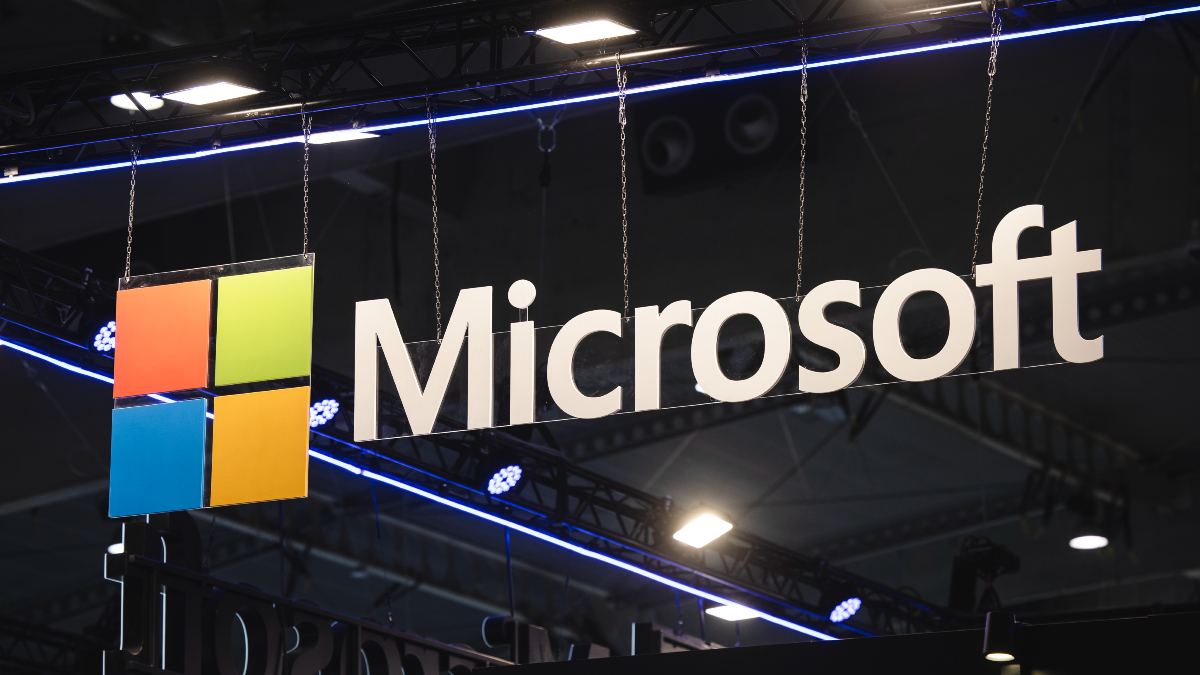Several truly massive mergers have occurred over the last few years, as companies like Disney and WarnerMedia gobble up the competition to become behemoths in the media landscape.
These days, Disney owns some of the biggest and most lucrative properties out there, and — between Marvel, LucasFilm, and 21st Century Fox — has secured a monopoly of sorts when it comes to the media we consume. The same can be said for WarnerMedia, which merged with Discovery Inc. in 2022. Warner Bros. Discovery now holds sway over a similarly impressive number of known names, including DC Entertainment, CNN (as well as Max and Discovery Plus), and, of course, Warner Bros. Games, which has produced titles like the Batman: Arkham series, Shadow of Mordor, and let’s not forget 2023’s Hogwarts Legacy.
Thanks to numerous mergers and acquisitions over the years, these already-massive companies have slowly left the competition far, far behind. Now, smaller, less financially robust companies face daunting hurdles if they ever hope to compete with the big dogs. News of a potential deal between Microsoft and Activision would have maneuvered the paired companies into a similar position, but the merger was blocked by U.K. regulators.
Microsoft can’t buy Activision — for now, at least
Microsoft was blocked from buying Activision by British regulators on April 26, according to NPR. The company’s proposed $69 billion purchase of Activision Blizzard was nearing completion when it was shot down by the Competition and Markets Authority (CMA), which feared the merger would stifle competition. The increasing issue of monopolies caught the attention of regulators in the U.S. and Europe, and urged them to halt the deal before it could squash competitors in cloud gaming. The companies were displeased with regulators’ verdict to block the deal, and have promised to appeal the decision.
The biggest concern voiced by regulators relates to the potential monopoly over cloud gaming, which allows certain video game titles to be enjoyed separate from the restrictions of specific, pricey consoles or gaming computers. Cloud gaming also allows titles to be enjoyed via offerings like Game Pass without downloading a copy of the game. Disk space is increasingly limited, as massive titles like Red Dead Redemption 2, Ark: Survival Evolved, and Call of Duty: Modern Warfare gobble up every spare gigabyte our consoles have to spare, and leaning on the Cloud can allow gamers to try out new titles without sacrificing space.
Martin Colman, chair of the Competition and Markets Authority’s independent expert panel, leaned on the potential for Cloud gaming to thoroughly shake up the market when explaining the panel’s decision. Noting that “it is vital that we protect competition in this emerging and exciting market,” he added that making certain, popular titles exclusive to Microsoft’s Xbox consoles would broadly damage competition.
Activision and Microsoft voiced displeasure at the blocked deal soon after it was announced, and made it clear they won’t take the decision lying down. In a statement, Microsoft President Brad Smith noted the company’s intent to appeal, and added that the decision limits tech innovation in the U.K. He also pushed back on the watchdog organization’s understanding of cloud gaming and the video game industry as a whole, claiming that “this decision appears to reflect a flawed understanding of this market and the way the relevant cloud technology actually works.”
The increase in exclusive access to certain video game titles does create hurdles for gamers. In order to enjoy the wealth of games on the market, gamers are forced to shell out massive amounts of money before they even buy up titles. Nintendo has long held exclusive access to its own games, which requires purchase of its most up-to-date consoles, and the ability for Sony, as well as Microsoft, to do the same — and to scoop up certain publishers to add their libraries to exclusive content — makes ownership of both a next-gen PlayStation and Xbox necessary for anyone hoping to enjoy the broad range of titles currently on the market.
The decision by the Competition and Markets Authority aims to allow cloud gaming’s continued development to proceed without intervention by large companies like Microsoft. By allowing the deal to go through, regulators would have put even more control in Microsoft’s hands, and put it in a position to further control key titles. The inevitable appeal could see the decision eventually reversed, but for now cloud gaming remains a mostly competitive market.
